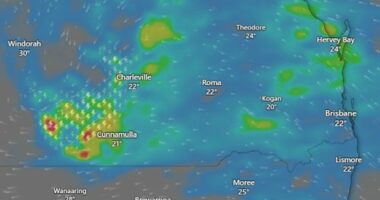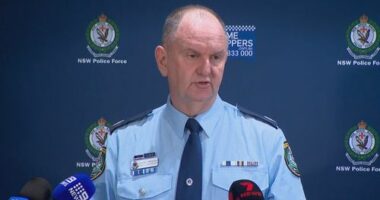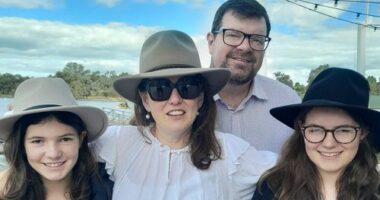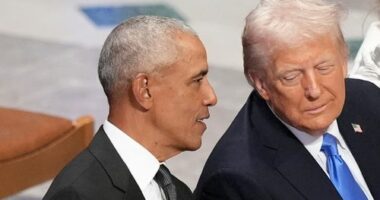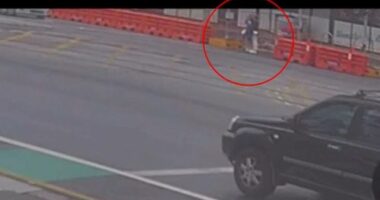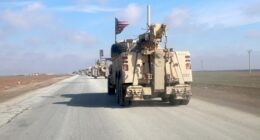Share this @internewscast.com
From 1910 until the 1970s, a systematic removal of thousands of Aboriginal and Torres Strait Islander children from their homes took place under official government policies. These children were placed in institutions or fostered by non-Indigenous families.
Why were children taken?
Poor record-keeping complicates the determination of the exact number of children removed, with estimates suggesting as many as one in three children. It is certain, however, that every Aboriginal and Torres Strait Islander community was profoundly affected, and the emotional wounds endure.

CANBERRA, AUSTRALIA – FEBRUARY 13: Members of Australia’s Stolen Generation respond emotionally as they listen to Australian Prime Minister Kevin Rudd apologize to Indigenous people for past treatments on February 13, 2008, in Canberra, Australia. The apology addressed the tens of thousands of Aborigines who were forcibly separated from their families as children under previous assimilation policies. (Photo by Mark Baker-Pool/Getty Images) Credit: Pool/Getty Images
Where did the children go?
Today she is a strong voice for survivors, and the founder of the Marumali Program, a healing initiative tailored to the needs of those who experienced forced removal.

Shannan Dodson CEO Healing Foundation
What is intergenerational trauma?
Communities are now working to end the cycle of trauma through healing.

A vital component of healing is education—ensuring that all Australians understand the truth about the Stolen Generations. Credit: davidf/Getty Images
What does healing from trauma look like?
This video contains the voice of a deceased person.
Education and truth-telling
“I would love to see [non-Indigenous Australians] give their children a chance to learn the true history of this country,” Aunty Lorraine urges, “and to dismantle the systems, dismantle them and start again because the policies that are written about our mob are really racist, racist based.”

Leilla Wenberg, a member of the Stolen Generation removed from her parents car at 6 months of age, holds a candle during a National Sorry Day commemorative event at the Royal Prince Alfred Hospital on May 26, 2009 in Sydney, Australia. National Sorry Day has been held annually on May 26 since 1998 to acknowledge the wrongs that were done to indigenous families of the stolen generation. Credit: Sergio Dionisio/Getty Images
What now for survivors of the Stolen Generations?
True healing also requires Australia as a whole to listen and help survivors to reclaim their stories.

